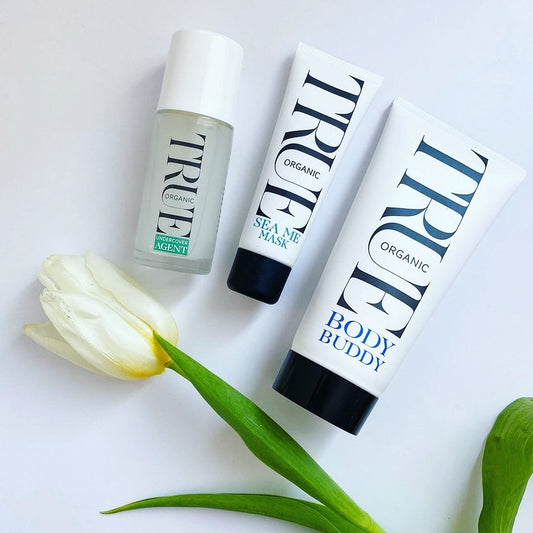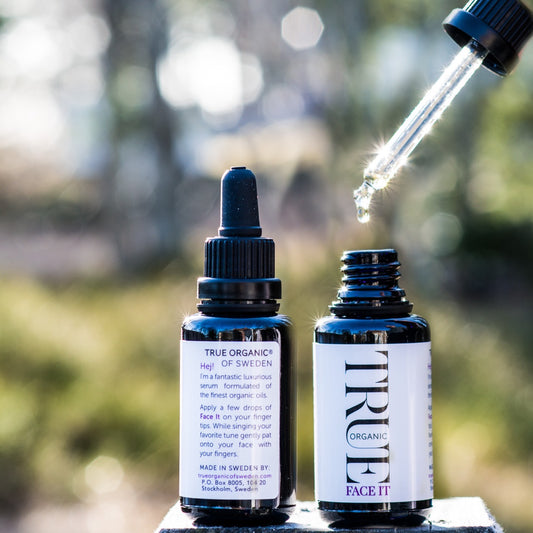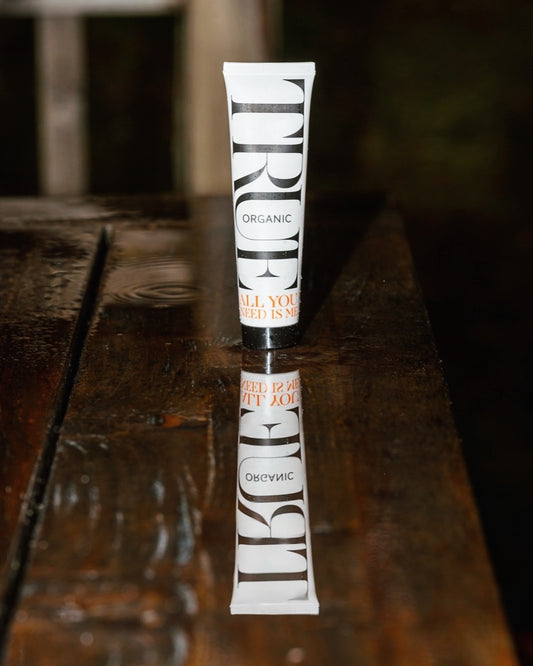News

Spring clean your brain- The fascinating link b...
Maybe you have thought about spring cleaning your home? Have you considered spring cleaning your brain too? It’s amazing how a clutter-free mind can bring about so much positivity and...
Spring clean your brain- The fascinating link b...
Maybe you have thought about spring cleaning your home? Have you considered spring cleaning your brain too? It’s amazing how a clutter-free mind can bring about so much positivity and...

Got Acne Prone, Dry Skin? This Skincare Routine...
Acne Prone Dry Skin: Common Causes and Tips for Care I can totally relate to having acne prone yet dry skin. Our hormones can really do a number on our...
Got Acne Prone, Dry Skin? This Skincare Routine...
Acne Prone Dry Skin: Common Causes and Tips for Care I can totally relate to having acne prone yet dry skin. Our hormones can really do a number on our...

True Organic of Sweden's Award Winning Face It ...
True Organic of Sweden's Award Winning Face It Serum Safflower Oil: Nature's Rejuvenating Elixir The safflower plant provides an oil that’s packed with skin-nourishing vitamins and essential fatty acids. We...
True Organic of Sweden's Award Winning Face It ...
True Organic of Sweden's Award Winning Face It Serum Safflower Oil: Nature's Rejuvenating Elixir The safflower plant provides an oil that’s packed with skin-nourishing vitamins and essential fatty acids. We...

Embrace True Organic Skincare: A Path to Health...
In a world inundated with beauty products promising miraculous results, it's easy to get lost in the sea of synthetic ingredients and false claims. However, amidst the chaos, there...
Embrace True Organic Skincare: A Path to Health...
In a world inundated with beauty products promising miraculous results, it's easy to get lost in the sea of synthetic ingredients and false claims. However, amidst the chaos, there...

The shift towards natural, organic products.
In a world saturated with skincare options, it's easy to get lost in a sea of promises and extravagant claims. However, amidst the noise, there's a growing movement towards simplicity...
The shift towards natural, organic products.
In a world saturated with skincare options, it's easy to get lost in a sea of promises and extravagant claims. However, amidst the noise, there's a growing movement towards simplicity...

Healthy habits
Thinking about all the "healthy" habits we are bombarded with and feel like we should be doing. There are so many things people say we need to add to our...
Healthy habits
Thinking about all the "healthy" habits we are bombarded with and feel like we should be doing. There are so many things people say we need to add to our...
